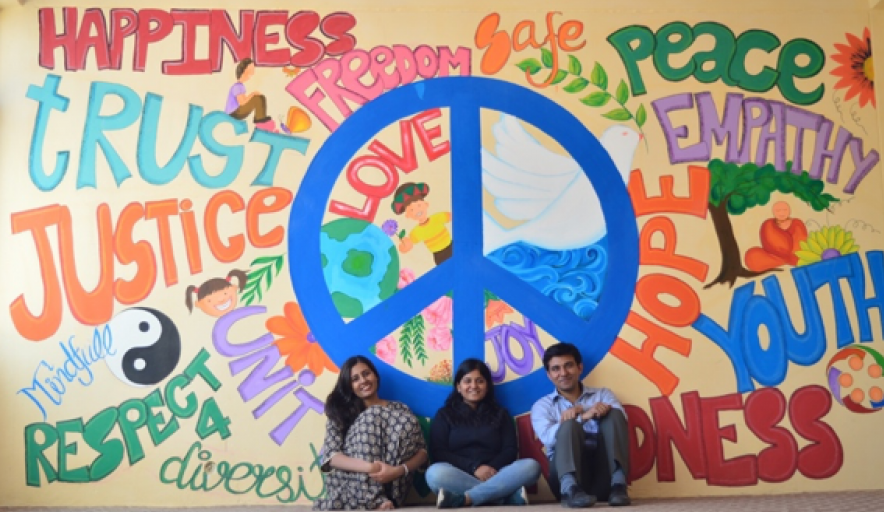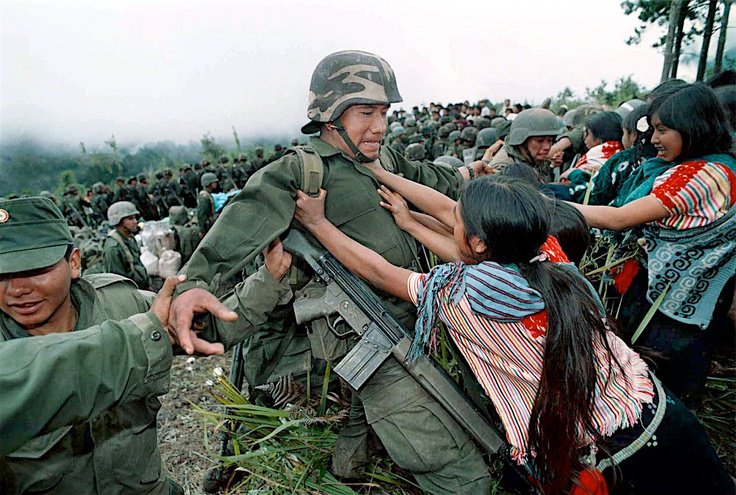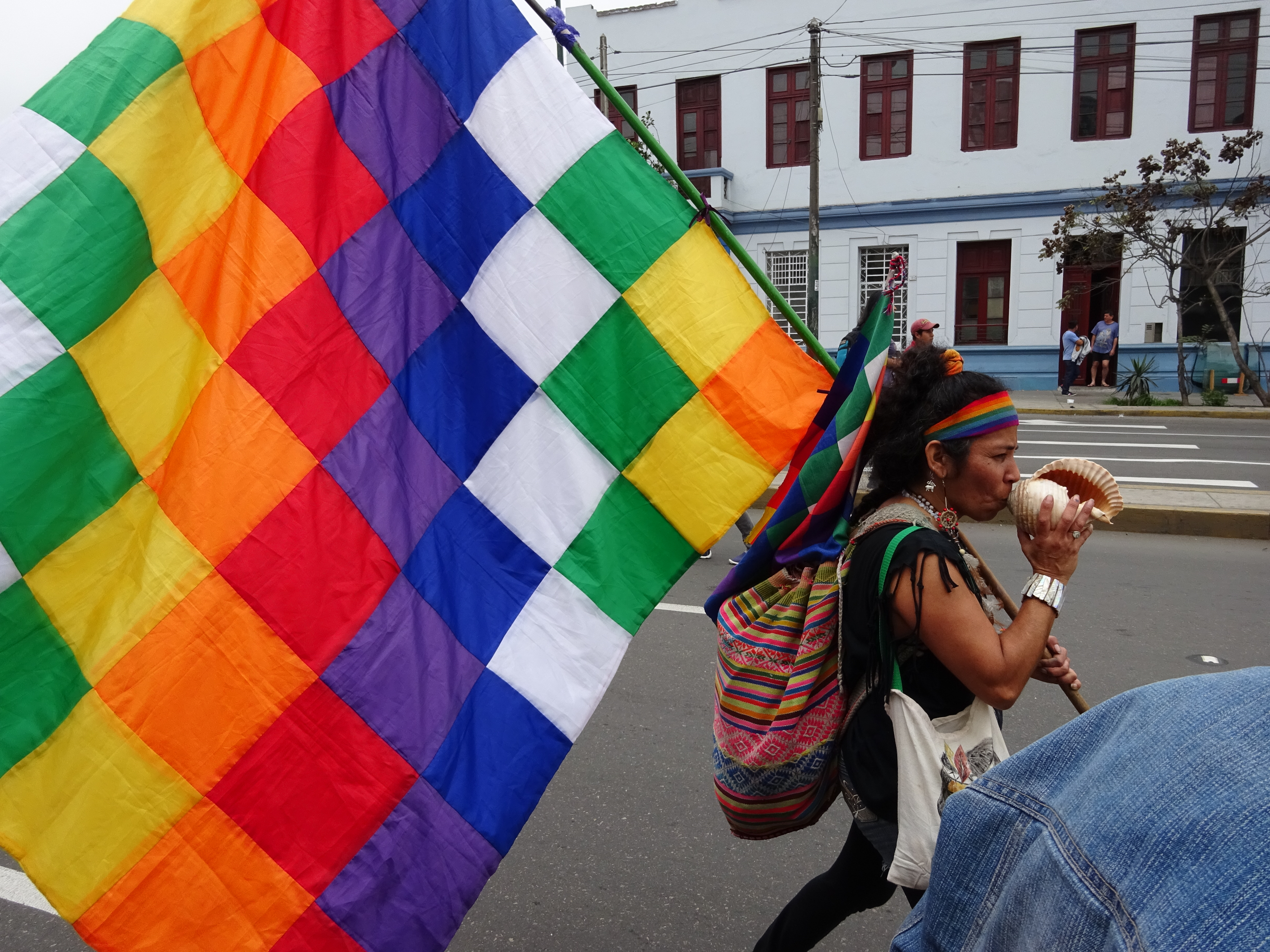
In Introduction to Peace and Conflict Studies, we learn that peace and conflict are not mutually exclusive. To paraphrase Conrad Brunk, the goal of peace and conflict studies is to better understand conflict in order to find nonviolent ways of turning unjust relationships into more just ones. We examine both the prevalence of coercive and non-peaceful means of conducting conflict as well as the development of nonviolent alternatives, locally and globally, through institutions and at the grassroots. The latter include nonviolent collective action, mediation, peacekeeping, and conflict transformation work. Several theoretical and philosophical lenses will be used to explore cultural and psychological dispositions, conflict in human relations, and conceptualizations of peace. The course will take an interdisciplinary approach with significant contributions from the social sciences.
To that end, students will also be immersed in Quaker Studies, Swarthmore College's social justice history, research projects utilizing the Friends Historical Library and Peace Collection on campus, and case studies of conflict resolution from across the United States and around the world.
To that end, students will also be immersed in Quaker Studies, Swarthmore College's social justice history, research projects utilizing the Friends Historical Library and Peace Collection on campus, and case studies of conflict resolution from across the United States and around the world.
- Teacher: Sa'ed Atshan



